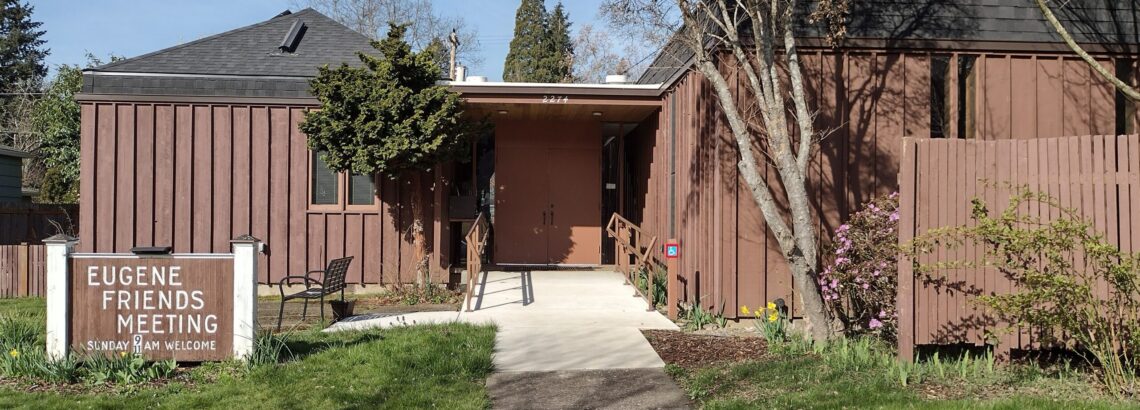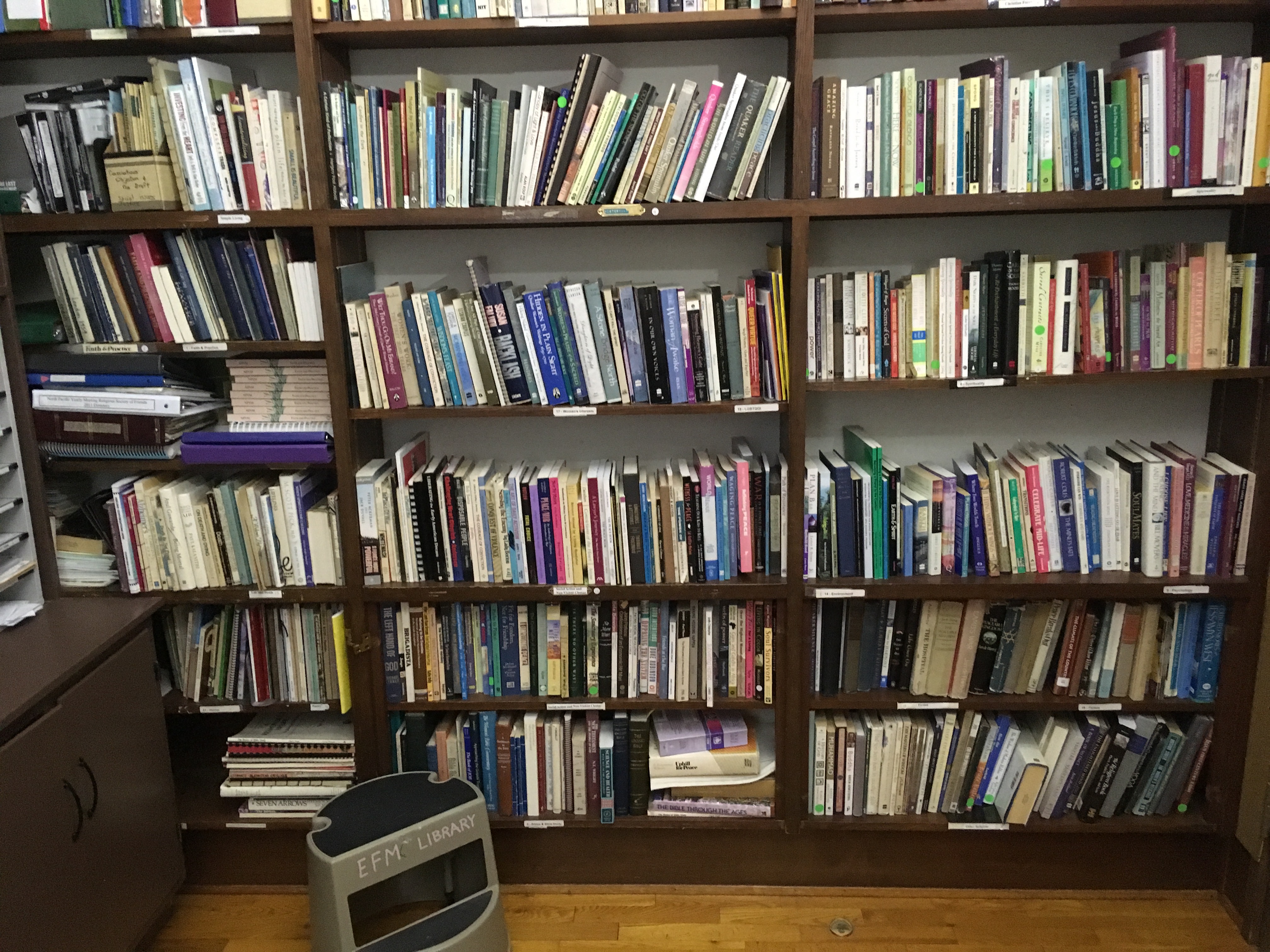I’ve been writing about sustainable food for a month already, but it’s such a complex topic, I don’t feel like I’ve made a start.
Let’s go back to basics: Sustainability means something can be maintained without depletion. When we talk about sustainable Earthcare practices we are talking about those that don’t deplete the earth’s resources, or damage its inhabitants – including us!
Our modern food systems are so complex – from industrial farms to processing plants, packaging, distribution, and all the waste – that it is clearly not sustainable. In simple terms, we are using up the earth and the oceans, and damaging it beyond repair, and we are endangering all of us in the process.
The Sustain Guide to Good Food, from a British coalition, has a good breakdown of the components of sustainable food and how we can support it:
1. Aim to be waste free:
- Waste less food, and always put food waste into a compost or yard bin, because in the landfill it gives off powerful greenhouse gases that contribute to climate change.
- Avoid food with packaging, especially single-use plastics. (See EFM’s plastics minute).
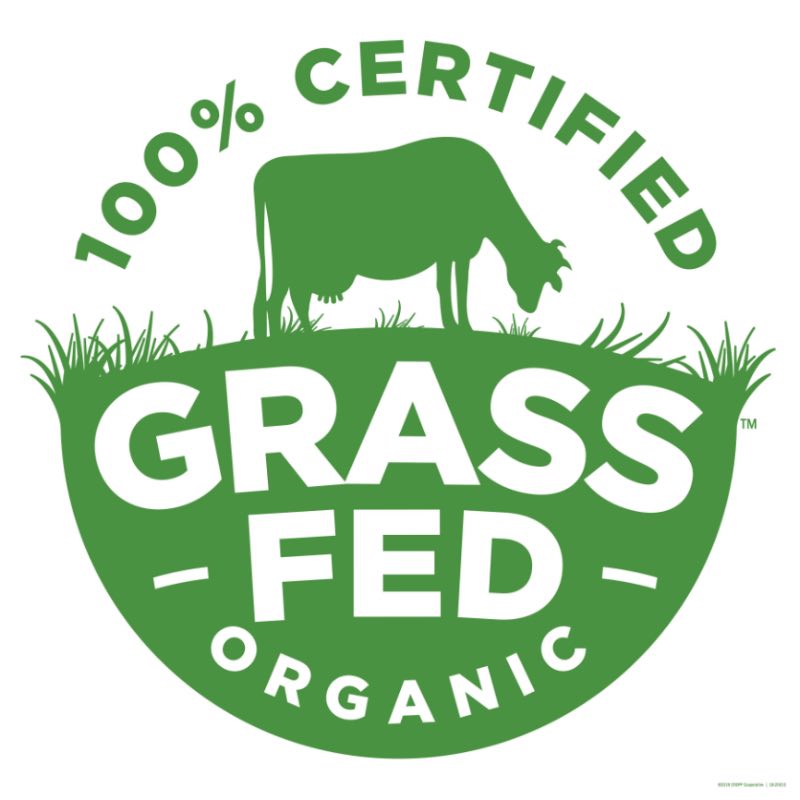
2. Eat less meat and dairy:
- Make plant foods the center of your meals. According to the United Nations, global animal farming causes more greenhouse gas emissions than all of the cars and planes in the world put together.
- Shop for sustainable meat and dairy (grass-fed, organic): Meat that has been sustainably produced can be more expensive, but a little can go a long way. Buy a cheaper cut and stretch a single serving of meat over several dishes. For more ideas, check out Foodprint.org.)
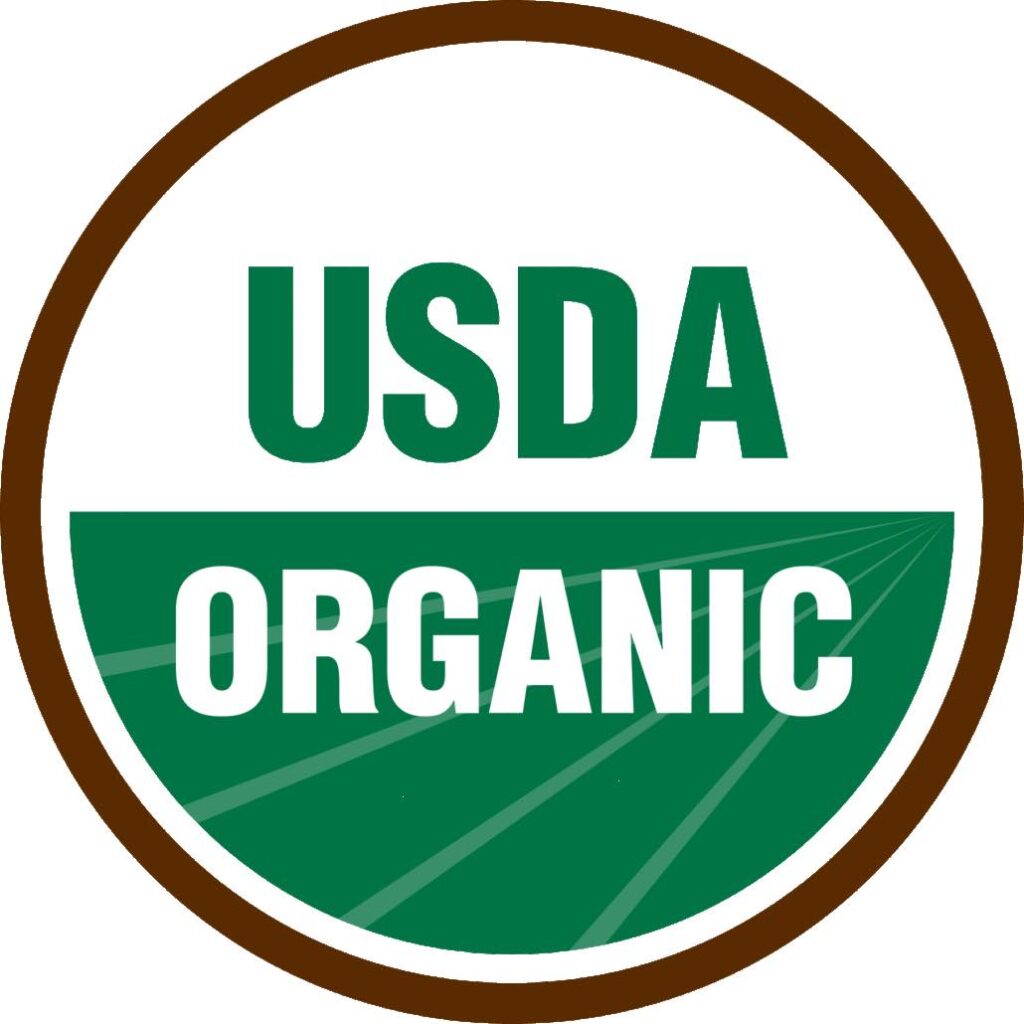
3. Buy local, seasonal, and organic food:
- Support organic farmers with your shopping habits, and help save the wildlife! Industrial farming systems are creating a dramatic decline in birds, bees, butterflies and other wildlife, and the habitat they need to survive.
- Buy from local farmers to help reduce energy used in transport, storage, and building roads and other infrastructure, and also re-connect us to the seasonal rhythms of our farming climate.
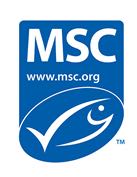
4. Buy fish from sustainable sources:
- Look for the MSC blue fish label: Any product that has this label has been sourced from a Marine Stewardship Council certified sustainable fishery, that guarantees leaving enough fish in the ocean, and minimizing impacts on habitats and ecosystems.
5. Buy Fairtrade:

- By choosing Fairtrade products (such as fruit, cocoa, coffee, and rice) you enable farmers and workers to have more control over their lives and decide how to invest in their future. (Eugene Friends Meeting has a minute that says we will only serve Fairtrade and organic coffee).
- Fairtrade is sustainable because to be certified as a Fairtrade producer, farmers must improve soil and water quality, manage pests, avoid using harmful chemicals, manage waste, reduce greenhouse gas emissions, and protect biodiversity. See more here.
Sustainable Food and Hospitality: Join the Earthcare Support Group on Sunday, April 21, at noon, for a sampling of sustainably-sourced food tidbits! We will have shopping tips and recipe cards, as well as postcards to send to our representatives.
